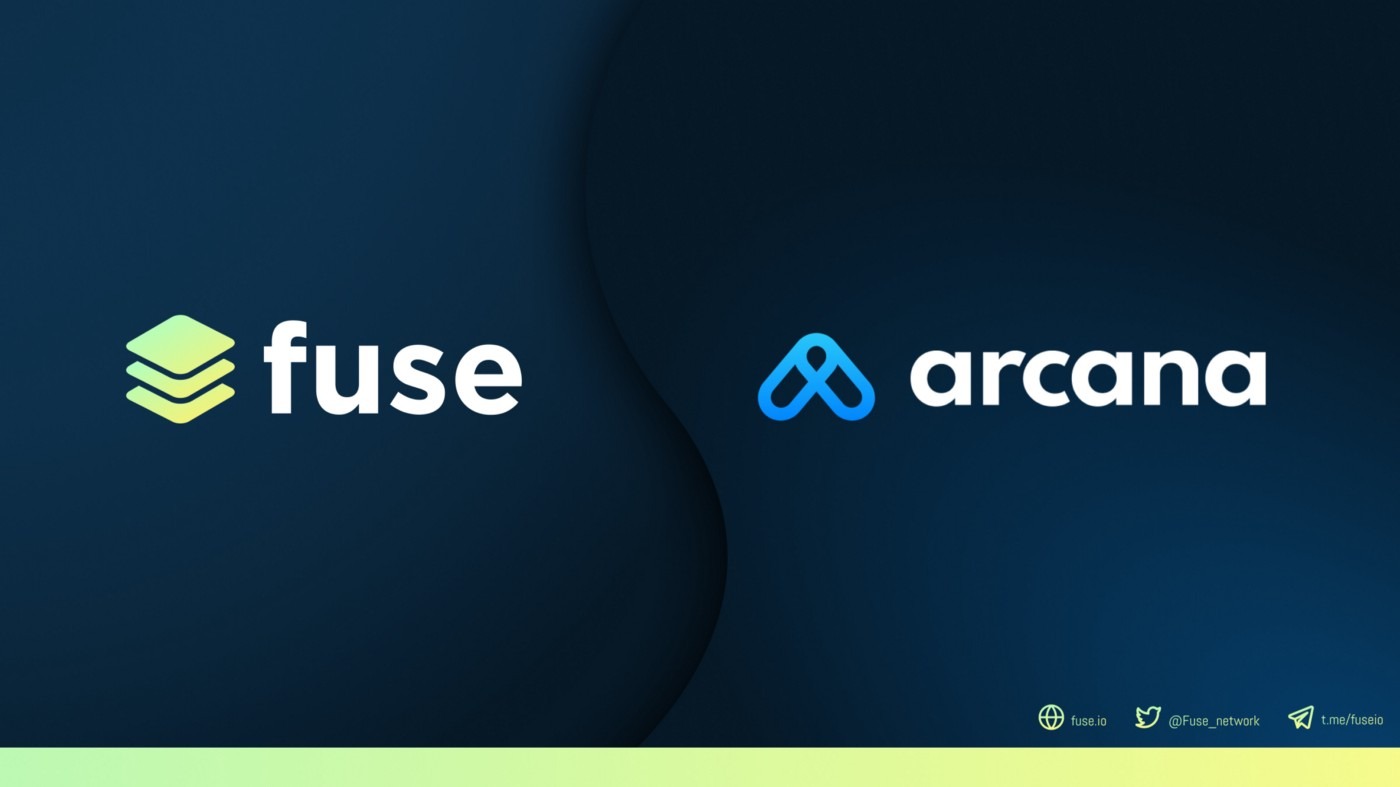The Arcana tech stack is now available for projects in the Fuse ecosystem wishing to onboard users with social logins, create wallets, and incorporate decentralized data storage and access management into their applications.
Despite its meteoric rise, blockchain technology and Web 3 still have not achieved mass adoption. Two potential reasons for this are the friction that the blockchain adds by making users set up wallets before using apps relying on them.
For all its centralization issues, Web 2.0 has provided netizens with the convenient option of interacting with many applications and websites using just their social media accounts.
While Web3-powered login approaches (using Metamask, for instance) have also been developed, they still require users to install and use additional tools like Metamask, which may be a barrier to many users who are just accustomed to using their Google or Facebook to connect to desired apps.
Similarly, many decentralized applications (dApps) have to rely on centralized data storage solutions as storing data directly on the blockchain is either too expensive or downright impossible (for large files) due to inherent limitations.
Meanwhile, those decentralized storage solutions that have emerged often leave much to be desired in terms of user-friendliness and ease of development. They also lack on-chain access control to the data stored, limiting the shareability of the data.
Arcana to the rescue
Arcana Network (Arcana) solves these friction points with its Privacy Stack: a data storage and management stack for Web 3 to quickly onboard users and manage the apps’ data layer.
Arcana provides users with a range of services, including decentralized data storage (Store), access management (Access), and private key management enabling social logins (Auth).
Files stored on the platform are encrypted end-to-end and assigned Decentralized Identifiers (D-IDs). Depending on the requirements, app developers can choose whether to store the data in a given region or globally.
Data storage and handling take place off-chain with storage nodes incentivized by the platform’s native XAR token. Arcana’s Access control functionality manages access to data.
Every stored object has a unique identity and a list of addresses that can access it, along with the type of access each is granted. Arcana runs its own Ethereum Virtual Machine (EVM)-compatible blockchain.
This significantly facilitates the addition of Arcana-powered functionalities to dApps powered by other EVM chains, as the same public-private key pair will, by definition, exist on both Arcana and those chains. Thus, user accounts can be easily generated with simultaneous access to the dApp’s main chain and Arcana.
A custom blockchain
The Arcana blockchain underlies the mechanisms for access to the stored data and ensures the continuous receipt of valid proofs of storage. It relies on Proof of Stake, and the staking validators act as challengers in the evidence of the replication scheme, with the resulting proofs stored on the Arcana ledger.
In addition to decentralized storage and data access management, a critical use case handled by Arcana is non-custodial private key management. Arcana enables distributed generation of private keys associated with social media accounts.
Suppose an Arcana-using dApp implements social account logins (also known as OAuth). In that case, Arcana will use the login information to generate public-private key pairs for the account on the dApp’s blockchain.
Users thus do not have to handle or store the private keys associated with their accounts themselves. Instead, they only log in to their Arcana-powered application’s accounts with their Google accounts, for instance, and the blockchain account aspect is dealt with in the background by Arcana.
This improves the user experience and reduces barriers to adoption. Moreover, if the dApp stores certain user information on Arcana, the same public-private key pair will give users control over their data.
Currently, the Arcana platform (including its chain) is in the alpha testnet stage, but developers can already start building on top of it. A reference application demonstrating Arcana’s main functionalities (including Google account logins) is also available for testers.
A more detailed description of how Arcana’s technology stack functions are available in Arcana’s technical paper.
How Fuse integrates Arcana
The Fuse team is delighted to announce that Arcana’s decentralized storage, identity, access management, and private critical management stack is now available to any team building applications and products on top of Fuse. To that end, developers wishing to explore the possibilities offered by the platform have access to Arcana’s software development kits (SDKs).
One of the most interesting potential use cases that the integration with Arcana opens to the projects developing on top of Fuse is the possibility of incorporating social account logins into mobile wallets. One of the essential products that the Fuse technology stack offers dApp builders is the open-source mobile wallet technology that multiple teams have already used to deploy customized wallets quickly.
With the Arcana integration, project teams can now add social account logins to their wallets if they find it useful. They can also store data and define access to it completely on-chain, which allows users to own their data and have complete control over it.
.svg)
.svg)











